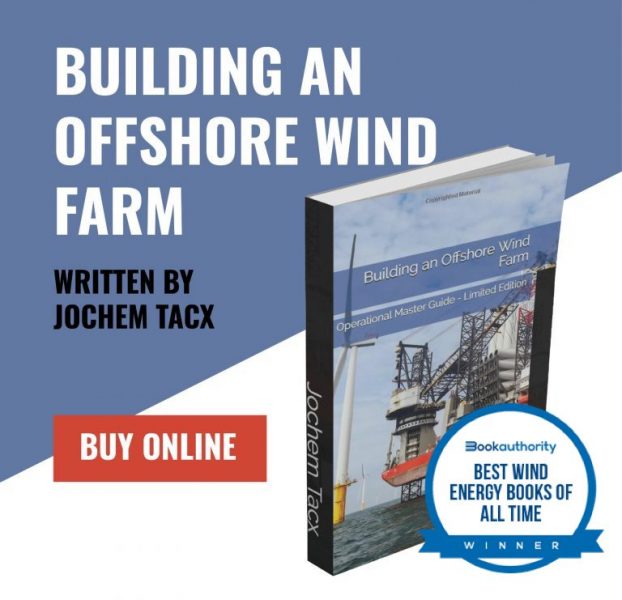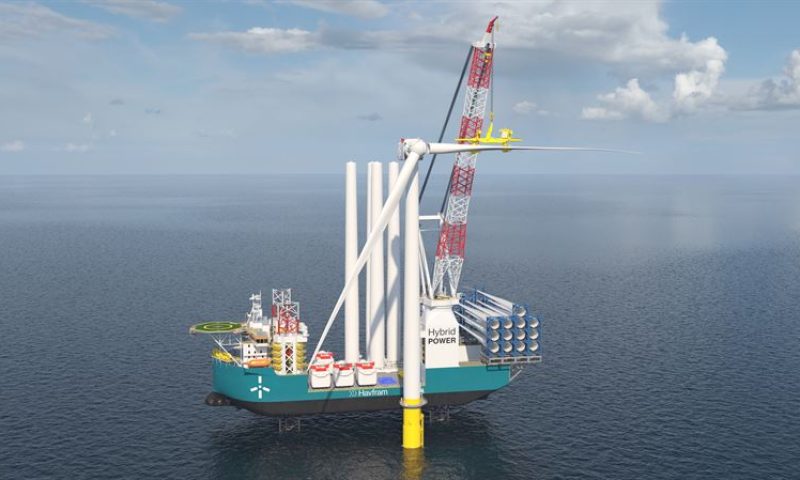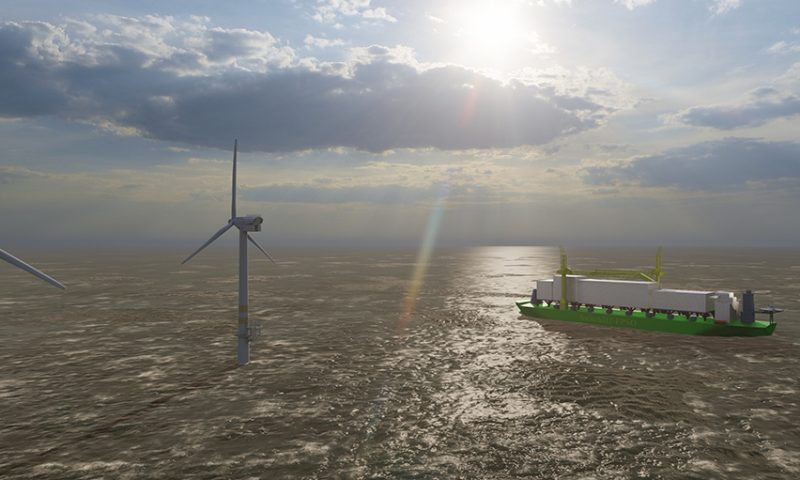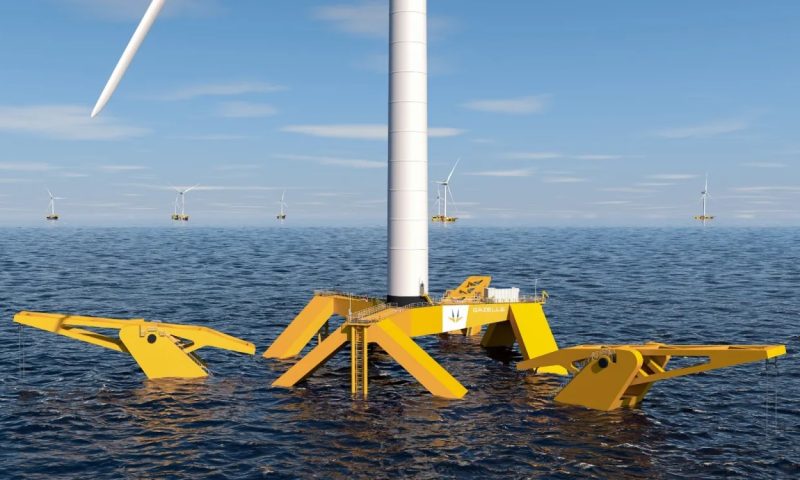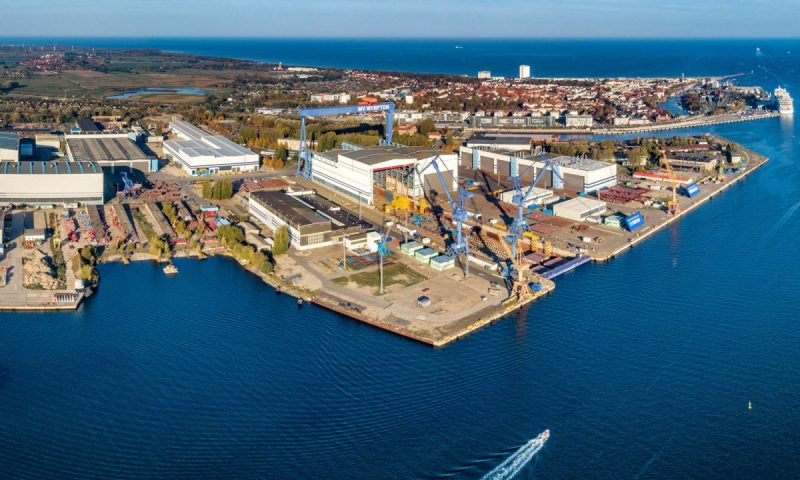
German shipyards will be the determinant of offshore wind development in Germany
More than 40 senior representatives from politics, trade unions, business, and science discussed the role of the shipyard in the development of offshore wind energy at the MV Werften site in Rostock-Warnemünde. The development of the offshore wind sector in Germany will depend on the health of the maritime industry, especially shipyards.
Welding converter platforms weighing thousands of tons. Assembly of 100-foot installation vessels for the construction of 300-foot wind turbines and floating hotels for technicians and engineers. Is this the future of the MV Werften shipbuilding group and others in Germany? On March 25th, by the initiative of IG Metall Küste and the OFFSHORE-WINDENERGIE Foundation, a meeting was held on the topic of German shipyards and their role in Germany’s energy transition.
Federal Government Coordinator for the Maritime Industry and for Tourism, said that the government wants to work on the opportunity that could be provided by the combination of shipbuilding and offshore energy cooperation. She added that news of the insolvency of the country’s shipyards had shocked the government. The matter is serious, as the war in Ukraine has highlighted the urgent need for independence from Russian raw materials and their imports. She stressed that the energy transition means energy security for Germany. Here, the potential of the highly technical shipyards in Mecklenburg-Pomerania is relevant. These shipyards could prove to be a key factor in the energy transition of Germany as a whole.
– The production capacity of German shipyards is urgently needed for ambitious offshore wind development plans. They are systemically important for the energy turnaround, argues Karina Würtz, Managing Director of the OFFSHORE-WINDENERGIE Foundation.
The offshore wind industry competes strongly for key inputs. China will further intensify its access to Asian shipyards due to its own expansion goals in the offshore wind sector.
– Welding converter platforms made of German steel in Dubai – as has been done in the past – and then towing them into the North Sea is not desirable from a climate or industrial policy perspective. Especially since there are national options, Würtz adds.
According to the industry, Germany must seize the opportunity to become the site for offshore platforms and ships dedicated to offshore wind energy.
The meeting was a prelude to an action plan for shipyard maritime readiness.
The OFFSHORE-WINDENERGIE Foundation was established in 2005 to support environmental and climate protection through improved research and development of offshore wind energy. It is a non-partisan, supra-regional and independent institution supporting the development of offshore wind in Germany and Europe.

